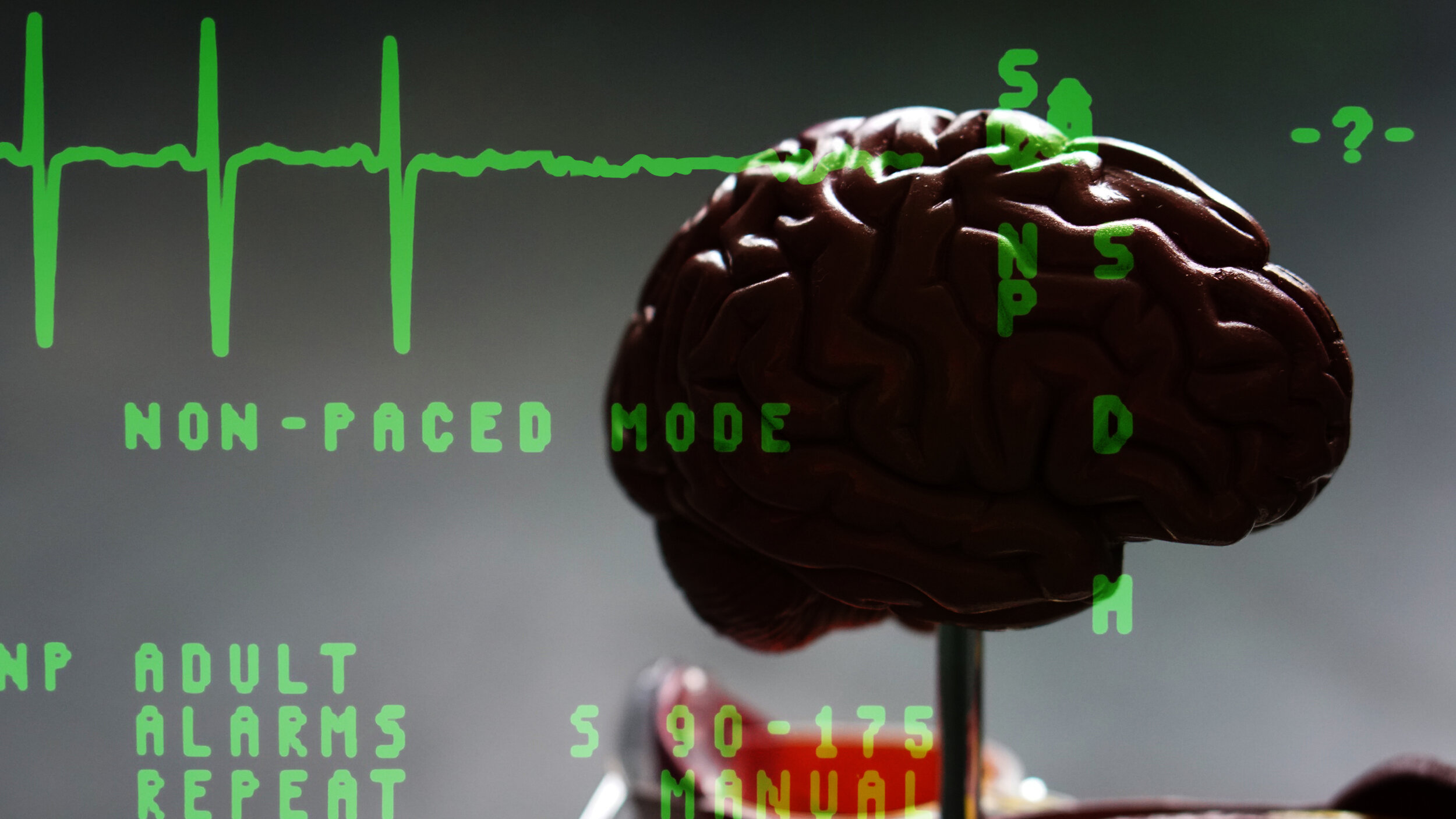Establishing Clinical Brain Death
When you say someone died to the majority of the world they think cardiac death as in their heart stops beating. And that definitely is the most common.
Brain death implies permanent absence of brain functions specifically the cerebral and brainstem functions.
What type of events lead to brain death?
Trauma, SAH, ICH, Anoxic Injury, Ischemic Stroke
How do we determine when our patient has clinical brain death?
Varies from state to state; even hospital to hospital
US law equates brain death to cardiac death
Stop sedation and pain medications; and see if patient wakes up
If despite stopping all these medications and your patient doesn’t wake up…. we need more information
how to determine clinical brain death
Step 1: They must meet “Brain Death Prerequisites”
Core temp is normothermic (>97 F)
Normal BP (Vasopressors can be used)
No drug intoxication or poisioning
No electrolyte, acid base, endocrine or shock abnormality
Step 2: A clinical examination for brain death by two different clincians
Preferably neurologist and intensivist but this depends on your institution
What does a clinical brain death exam include?
cough/gag reflexes, pupillary and corneal reflexes, oculovestibular reflex (which is tested with cold calorics), and oculocephalic reflex (tested with Doll’s eyes)
Step 3: Apnea test: preoxygenate for 10 minutes; minute ventilation should be used to create eucapnea (PaCO2~40)/reduce PEEP to 5 if possible); check an ABG prior to disconnecting patient; disconnect, then have clinician observe patient for respiratory for 8-10 minutes; just before putting them on the ventilator check one more ABG
Positive apnea test: PaCO2 rising >60 or >20 mmHg rise from baseline coupled with a pH of <7.28
While disconnected, have nasal cannula placed down endotracheal tube
If you are not able to meet all three requirements..
Brain Perfusion Scan
A positive brain death scan
Once you’ve established clinical brain death:
Allow them to have the organ donation discussion after you have had brain death discussion. This should be different discussion and not had by you/the same provider. Its also very important if you work at a transplant center this discussion nor the brain death examination be done by anyone involved with the transplant team
Attributes
"So it Goes”, “Sincerely Yours”, “Miss You”, “Mello D” and “Boardwalk” by Podington Bear is licensed under CC BY-NC 3.0 / Songs have been cropped in length from original form
“Realm of the Necromancer” by FoolBoyMedia is licensed under CC BY-NC 3.0 / Song has been cropped in length from original form


